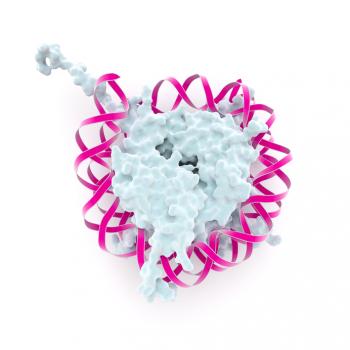If you are new to the microbiome, a patient awaiting test results, or just interested in improving your health – this is a great start point.
If you are new to the microbiome, a patient awaiting test results, or just interested in improving your health – this is a great start point.

Stress, certain foods, food additives, genetics and hormones can trigger headaches.
There are many different types of headaches that include sinus headaches, exertion headaches, fever headaches, menstrual headaches and bilious headaches. Most of these fall under three major categories of headaches.
Tension or muscle contraction headaches often are caused by anxiety and stress. These headaches are characterized by dull pain that begins in the neck or back of the head and squeezes the forehead area. They are characteristically described as having something “squeeze” the head.
Migraine or vascular headaches affect approximately 30 million people and four times more women than men. Migraines can begin suddenly or present with warning signs, such as aura. They are characterized with one-sided sharp throbbing pain that may induce vomiting, dizziness and hypersensitivity to sounds and light.
Cluster headaches, which also are vascular, affect over 1 million people per year in North America. Cluster headaches usually cause pain on one side of the head, occur in groups or “clusters” and can last for days at a time, and have even been known to be “seasonally” triggered.
The most well-known suspects of headache triggers are stress and anxiety.
However, food allergies are also a lesser known factor that research is bringing to the forefront as a headache trigger.
Casein, which comprises 78.7 percent of all the protein in milk, is a major trigger of migraines and other types of headaches. To eliminate all casein one must avoid all dairy and the many foods in which it is found. It is commonly listed as sodium caseinate, calcium caseinate or milk protein on many food labels. These three main ingredients are found in sports bars, sports drinks, packaged goods and commercial tuna fish in a can to name a few.
Genetic predisposition to migraine and food allergies are also newer areas of research which provide greater insight to treating patients.
There are even genetic markers for cluster headaches which are very useful when trying to treat and prevent reoccurence.
We offer tailored programs using DECODE to assist patients in determining all their known triggers and designing plans to heal and prevent future occurance.
In recent years, attention has increasingly turned away from DNA’s code and toward the way that DNA is packaged and the proteins that interact with it. These so-called epigenetic factors are heritable, reversible, and hugely influential.

Over the last few decades, epigenetics has become a hot scientific topic.
With potential roles in cancer, neuropsychiatric disorders, and immune disorders, it is no surprise that epigenetics is garnering such intense attention. Continue reading here.
You cannot copy content of this page